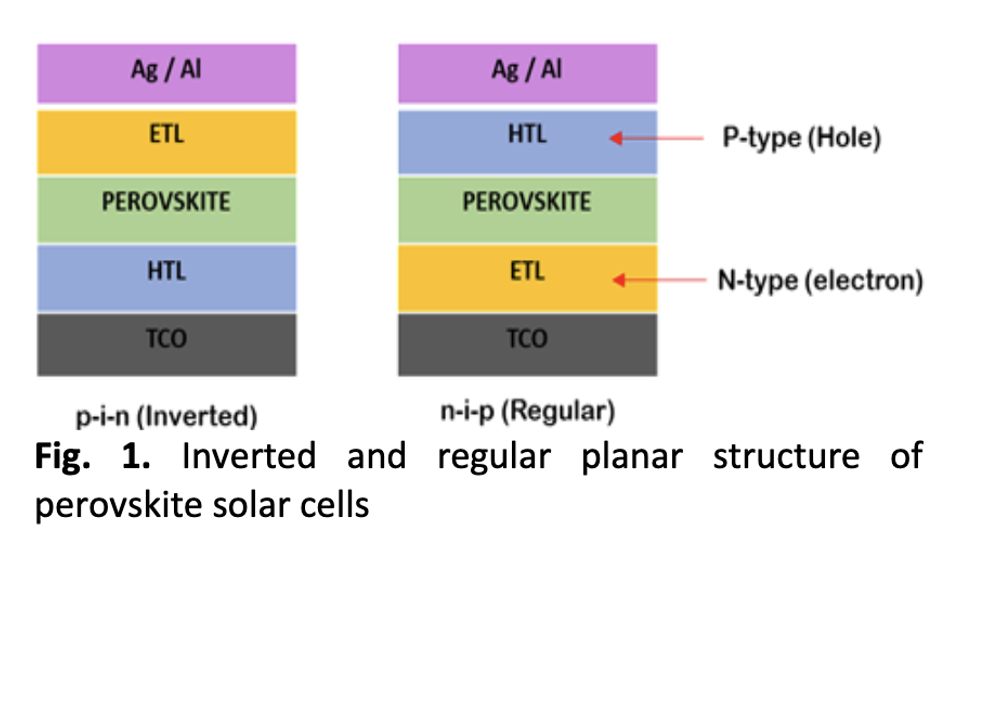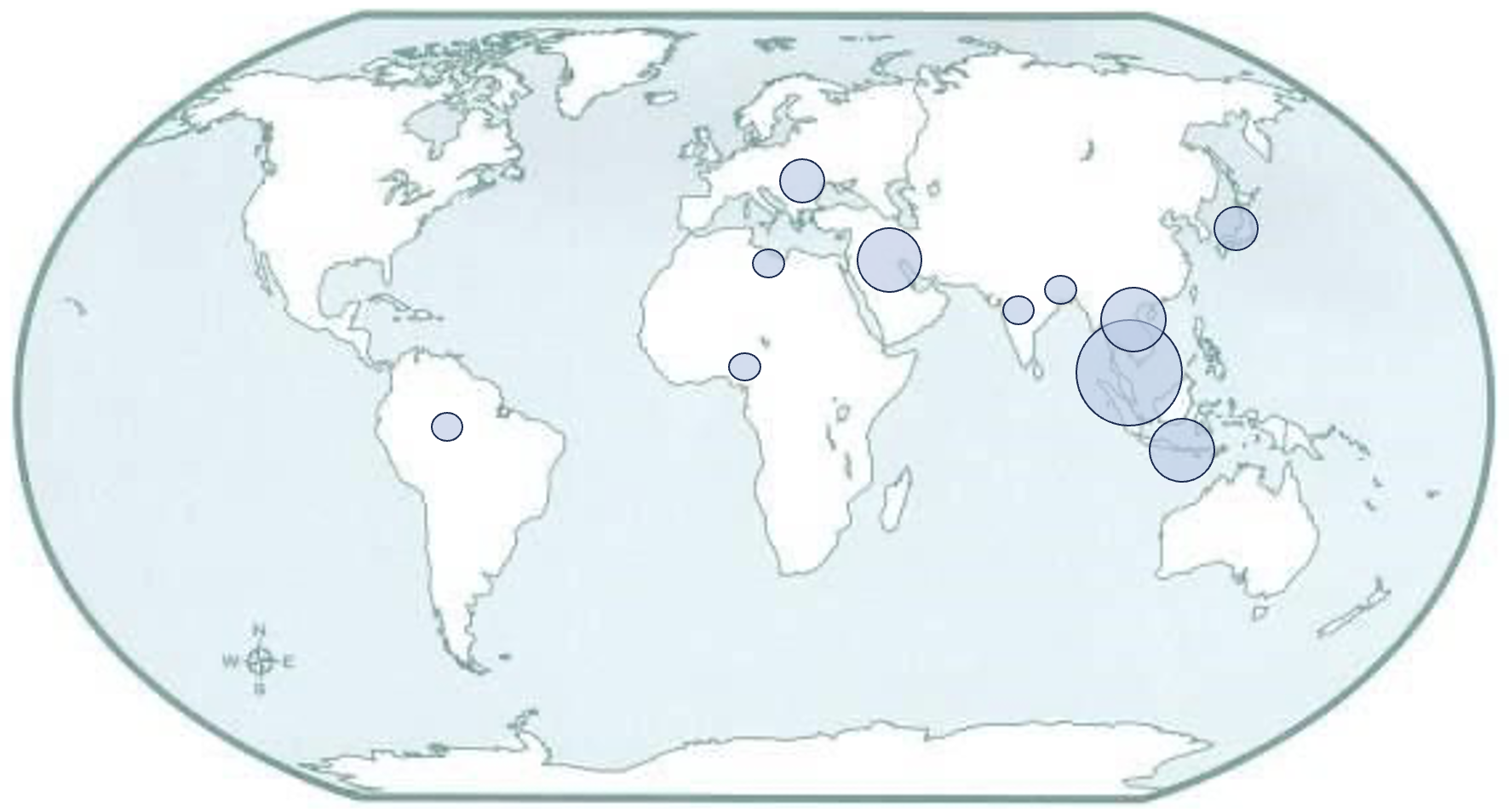Analysis of Inverted Planar Perovskite Solar Cells with Graphene Oxide as HTL using L9 OA Taguchi Method
DOI:
https://doi.org/10.37934/armne.16.1.4860Keywords:
Graphene oxide, optimization, solar cell capacitance simulator-one dimensional, Taguchi methodAbstract
In this work, the Taguchi Method approach is used to optimize graphene oxide (GO) as the hole transport layer (HTL) in inverted perovskite solar cells (IPSC). By using this method, the data from the numerical modelling Solar Cell Capacitance Simulator-One Dimensional (SCAPS-1D) was optimized. While it has distinct parameter results and diverse causes, it also takes a long time to complete the analysis process. The Taguchi method is reported to be able to find the most significant factor and reduce the parameter variations in less time. The Taguchi algorithm is used in this experiment because it is based on orthogonal array (OA) experiments, which provide a substantially smaller variance for the experiment with optimal control parameter values. SCAPS-1D software was used to simulate the IPSC with GO as HTL. The results obtained with the software are then analysed and compared with the performance of the solar cell. The final results show that the Taguchi Method optimized IPSC with GO as HTL achieved better Power Conversion Efficiency (PCE) compared to previous researchers, with the efficiency increasing from 18.53%.to 23.408%.









